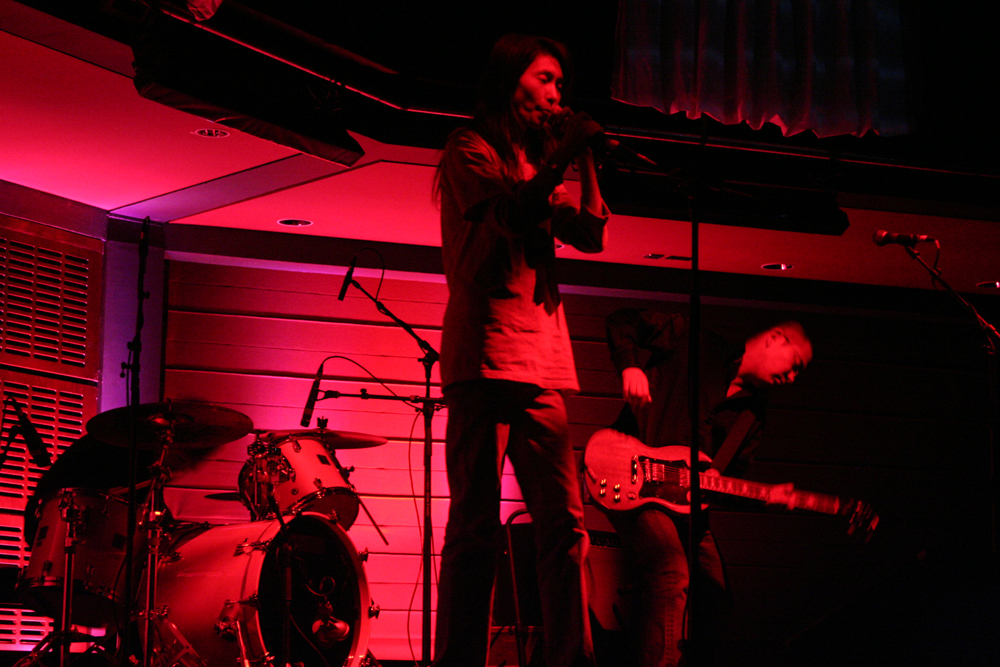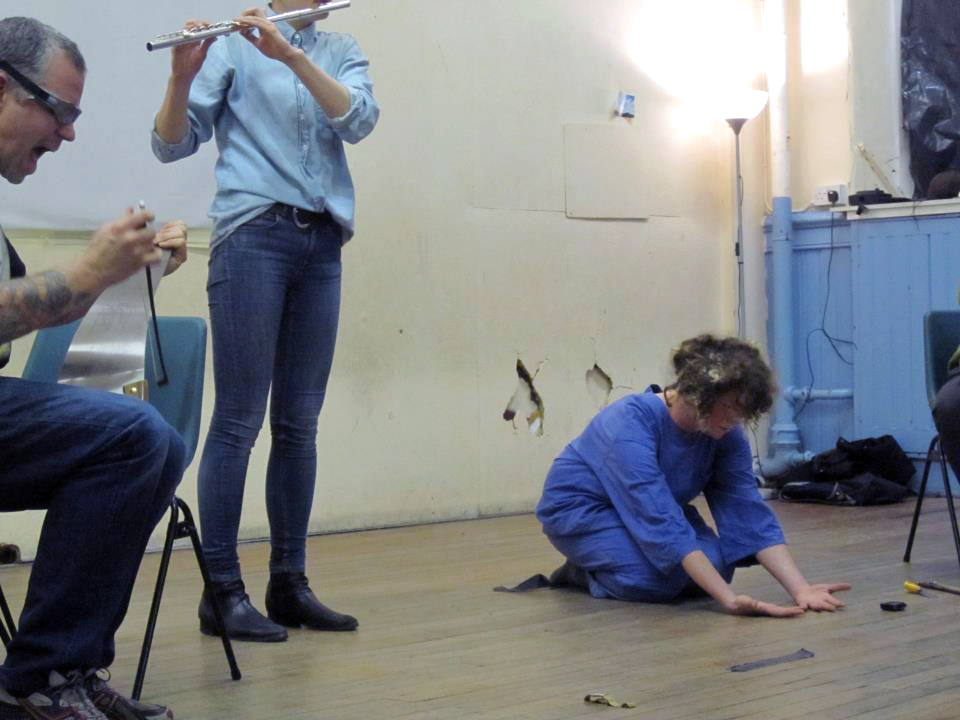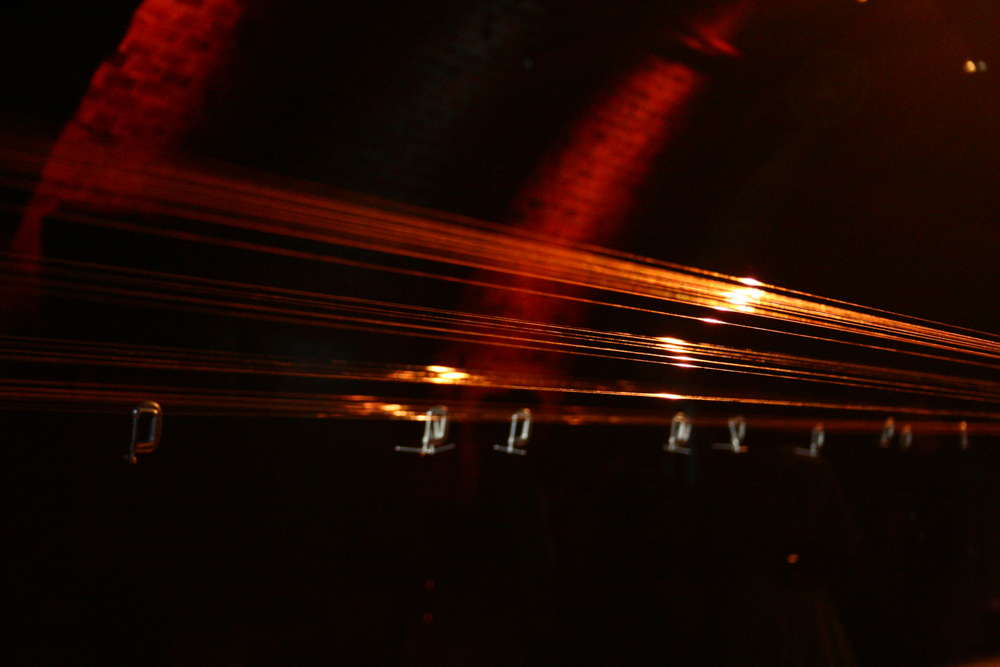
Object of Thought
Mattin
A solo improvisation using just the situation of the concert: a space, a PA, Mattin’s own thoughts, you, the audience.
Arika have been creating events since 2001. The Archive is space to share the documentation of our work, over 600 events from the past 20 years. Browse the archive by event, artists and collections, explore using theme pairs, or use the index for a comprehensive overview.

A solo improvisation using just the situation of the concert: a space, a PA, Mattin’s own thoughts, you, the audience.

Could they be one of the most ferocious live noise acts around, or a necessary and ludicrous parody of ferocious noise acts? Could they be both?

Three iconic figures from the Japanese underground assembled as a trio to stand in for the advertised duo of Junko and Jerome Noetinger who was unable to attend the festival due to illness.

How do you know what you want? Should freedom be doing what you ought, not doing what you want? How might a philosopher and artist turn this thinking into an enabling condition in the context of noise and improvisation?

The mutability of the body and the mobility of identity: queered pop culture, drag, lip-sync and performance.

Performance of a Sudoko based graphic score giving rise to a process of self cancellation.

Performances of compositions by Jean-Luc Guionnet and others, with Julia Letitia Scott, Iain Campbell F-W, Neil Davidson, Fritz Welch, Liene Rozite, Emilia Beatriz.

Long Stringed Instrument performance involving up to 100 wires strung in tension over a 40m arch.

The club as a community and a site for performed politics: deep/ queer house, vogue femme, lipsync and ballroom.

A rare live performance which, although not a full installation, made use of the unique acoustic and spatial properties of the Arches to rattle the audience and help it locate its third ear.

Harrowing but musical confrontations with the very real, physical and aural trauma of a woman screaming.

The Songspiels take on a mode of musical theatre developed by playwright Bertolt Brecht and composer Kurt Weill in the early twentieth century, presenting political and social concerns through the accessible and (often funny) form of song.